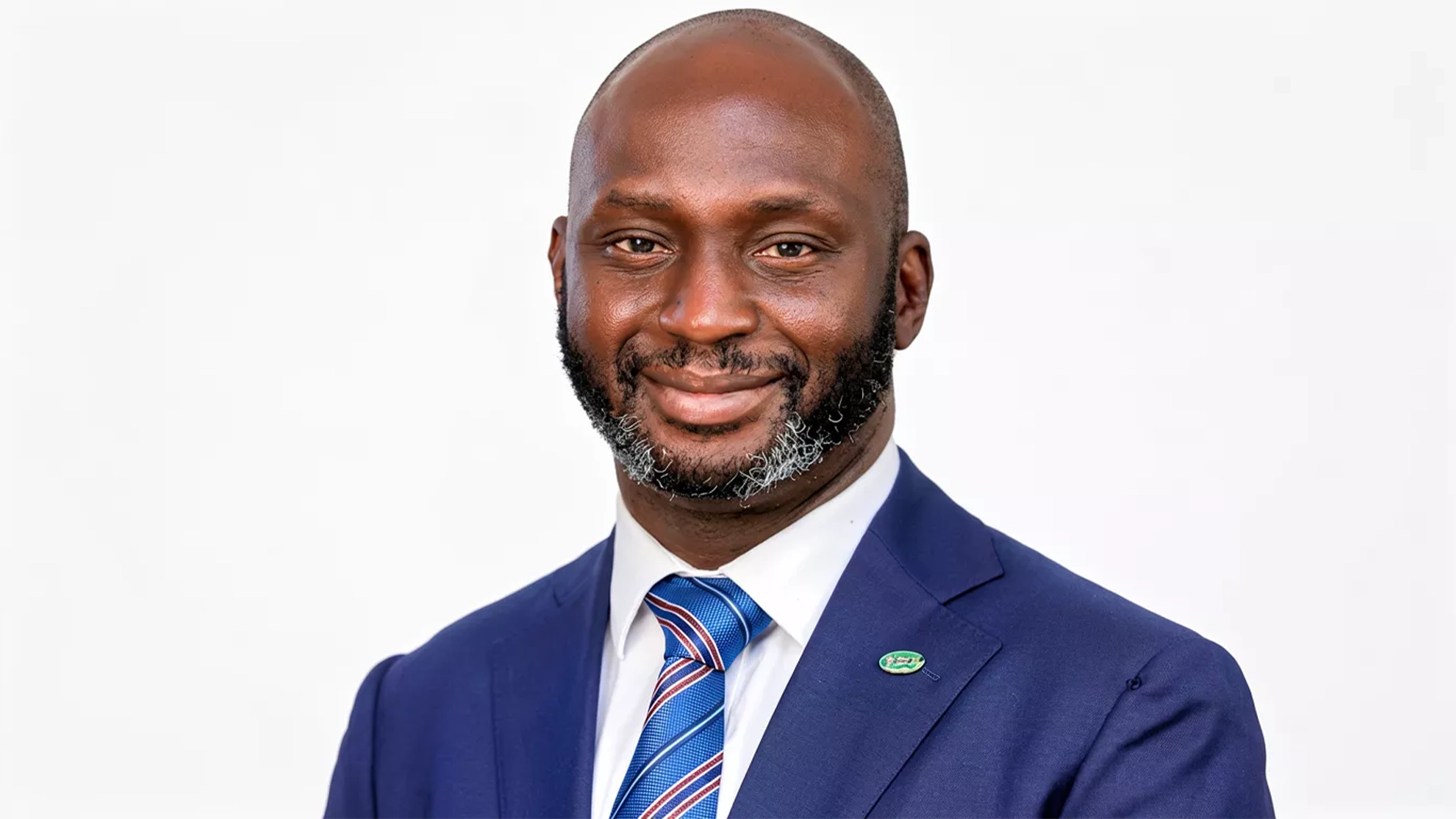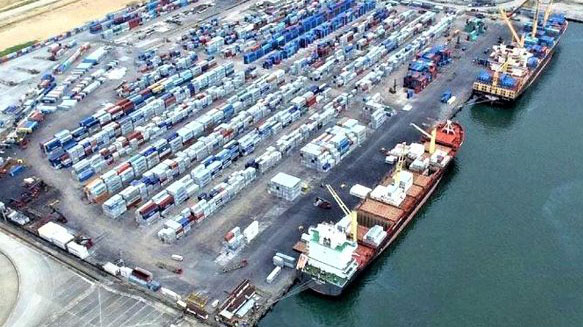Transparent digital lending has been identified as a crucial variable in meeting and surpassing Nigeria’s $1 trillion economy target by 2023.
This was the submission of the Managing Director, FairMoney Microfinance Bank, warned Henry Obiekea, in a policy brief.
“Nigeria’s median age is among the lowest globally; this is our demographic dividend. Yet 36 per cent of adults, roughly 40 million people, are either fully excluded from formal finance or trapped in informal systems,” he said.
Of that group, he said 26 per cent have no access to banks at all, while 10 per cent rely solely on unregulated lenders.
As such, he said, harnessing this potential requires more than just ambition: “it demands inclusive capital.
Today, the brilliant ideas generated by young Nigerians—from tech startups to agri-business ventures—often stall due to a fundamental challenge: access to finance.
“The Finance Minister, Wale Edun, recently amplified this imperative, urging financial institutions to actively finance the ideas of young Nigerians, warning that failure to do so risks pushing this talent into unregulated, unproductive ecosystems. This official focus underscores a critical truth: financial inclusion is the priority driver for meeting the $1 trillion target,” he stated.
Obiekea observed that persistent gaps are especially pronounced across regional and demographic lines, particularly in the North and among low-income groups.
Relegated largely to the informal economy, he said these millions of people are unable to save securely, build credit, or access the capital needed for scale.
According to him, while mobile penetration, agent networks, and digital onboarding are actively narrowing the divide, sustained progress in inclusion-driven growth fundamentally demands access to credit.
He said that despite an observed increase in account ownership, Nigeria’s credit penetration remained notably shallow, registering between 13 per cent and 19 per cent of GDP, which is among the lowest globally and limits critical economic growth vectors, particularly for MSMEs and household consumption.
The FairMoney boss said this low credit-to-GDP ratio highlighted a significant underdevelopment in the domestic credit market, pointing out that, in contrast, regional African peers like Kenya and Egypt have credit ratios roughly twice as high, sitting between approximately 31 per cent and 37 per cent, supported by increasingly data-driven lending models that are more effective at reaching small businesses.
According to him, emerging global economies such as India and Brazil boast deep credit markets, where penetration reaches between 53 per cent and 62 per cent, providing the financial leverage necessary for robust private-sector expansion.
He said the extreme of the scale is occupied by nations with mature financial infrastructure, like South Africa, where the credit penetration rate is approximately 90 per cent of GDP, underscoring the distance Nigeria must travel to unlock its full economic potential through a diversified and accessible lending base.
“The opportunity lies in the digital revolution. With mobile phone usage soaring (over 93 per cent of adults), the physical barrier of the bank branch has been rendered obsolete. Fintech companies in Nigeria have brilliantly seized this moment, leveraging mobile technology and data science to catalyse inclusion.
“Digital access alone, however, is insufficient. The engine for sustained economic growth is authentic financial inclusion, characterised by fairness and transparency. Without these twin values, digital finance risks replacing physical exclusion with predatory models, characterised by hidden charges and opaque terms that ultimately erode trust, leading to financial distress and a retreat from the formal economy. To truly empower the populace and grow the GDP, every transaction must build, not break, the customer’s financial life.
This is the principle that elevates financial services from a mere utility to a foundation of national economic strength,” he stated.
According to him, this commitment to fairness is precisely where FairMoney acts as a crucial lever for the national ambition, saying operating as a licensed microfinance bank providing financial services through our mobile app, FairMoney’s model directly tackles the barriers to entry by making every interaction transparent and efficient.






